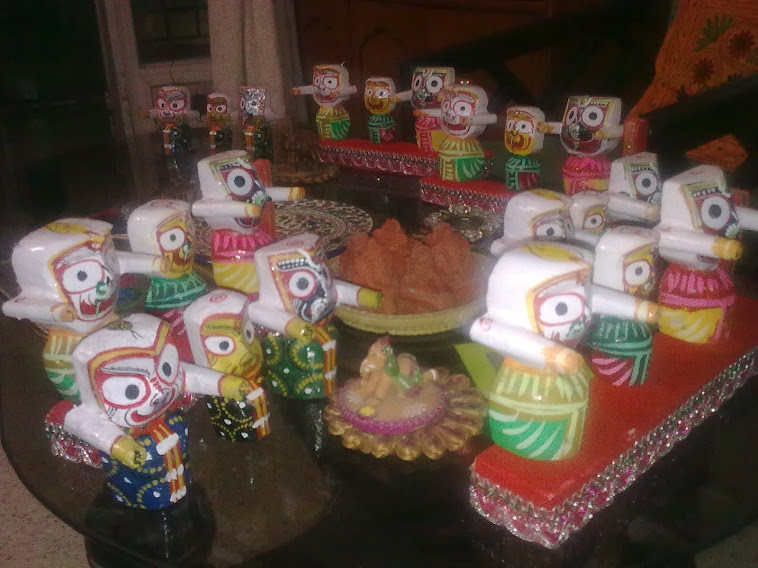 I recently had the pleasure of reading The Yellow Emperor's Cure by Kunal Basu. In this engaging historical novel, Kunal Basu takes us into China over a century ago, teetering on the cusp of the Boxer Rebellion. Exotic sights, sounds and tastes, the political equations and clash of cultures of the past play out in the backdrop as Dr Antonio traverses the world seeking a cure for a deadly disease.
I recently had the pleasure of reading The Yellow Emperor's Cure by Kunal Basu. In this engaging historical novel, Kunal Basu takes us into China over a century ago, teetering on the cusp of the Boxer Rebellion. Exotic sights, sounds and tastes, the political equations and clash of cultures of the past play out in the backdrop as Dr Antonio traverses the world seeking a cure for a deadly disease. Basu brings to life with finely crafted language the western hills hanging low “over the tiled roofs of pagodas, over palaces of lacquer and gold…children caught dragonflies on the banks of canals, and lakes brimmed with incandescent lilies.” The well-researched and vivid details strike the right balance, without miring the story in verbosity or slowing the pace.
The dashing and highly accomplished Portuguese surgeon Dr Antonio Maria is blessed with “the most precious pair of hands in Lisbon”. His friends consider him to be “rock steady with the scalpel, but a prize idiot when it comes to women,” for, while he is adept at flirting, he evades
settling down with a suitable lady. As this most eligible bachelor of Lisbon prepares to enjoy the bacchanalian feast of St Anthony, he is jolted out of his world of wine, women and gaiety. His dear father is losing his mind and body to syphilis, which in those days was an incurable scourge...
...
As the novel comes a full circle, Antonio says, “They’ve taught me to look inside the doctor to know what makes him suffer for his patients, what gives him hope and how to go on living even when he fails.” In the end, we love and admire him for his sincerity, for weeping “for all those he’d loved but failed to save.” As he emerges through the many upheavals of his life, Antonio evolves as a man and as a doctor. “Whereas in the past he’d worry over curing a patient, it troubled him now to think of those who must somehow go on living with the burden of their loss.”
A large and varied cast of characters animates the novel, from Portuguese aristocrats, western diplomats, merchants, spies and intrepid Christian missionaries to decadent Chinese rulers and nobility, concubines, Chinese doctors and a pair of palace eunuchs. Many however, come across as uni-dimensional rather than fully rounded personalities throbbing with a unique inner life. ...
...
As for the historical backdrop, the Boxers and their cause remain sketchy till the end. A more detailed and involved portrayal of the individuals and events related to this upheaval would have added to the overall immediacy of the novel. Despite these factors, the book succeeds as a striking and memorable read
My detailed review of this book is published in Sunday Herald

No comments:
Post a Comment